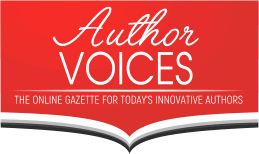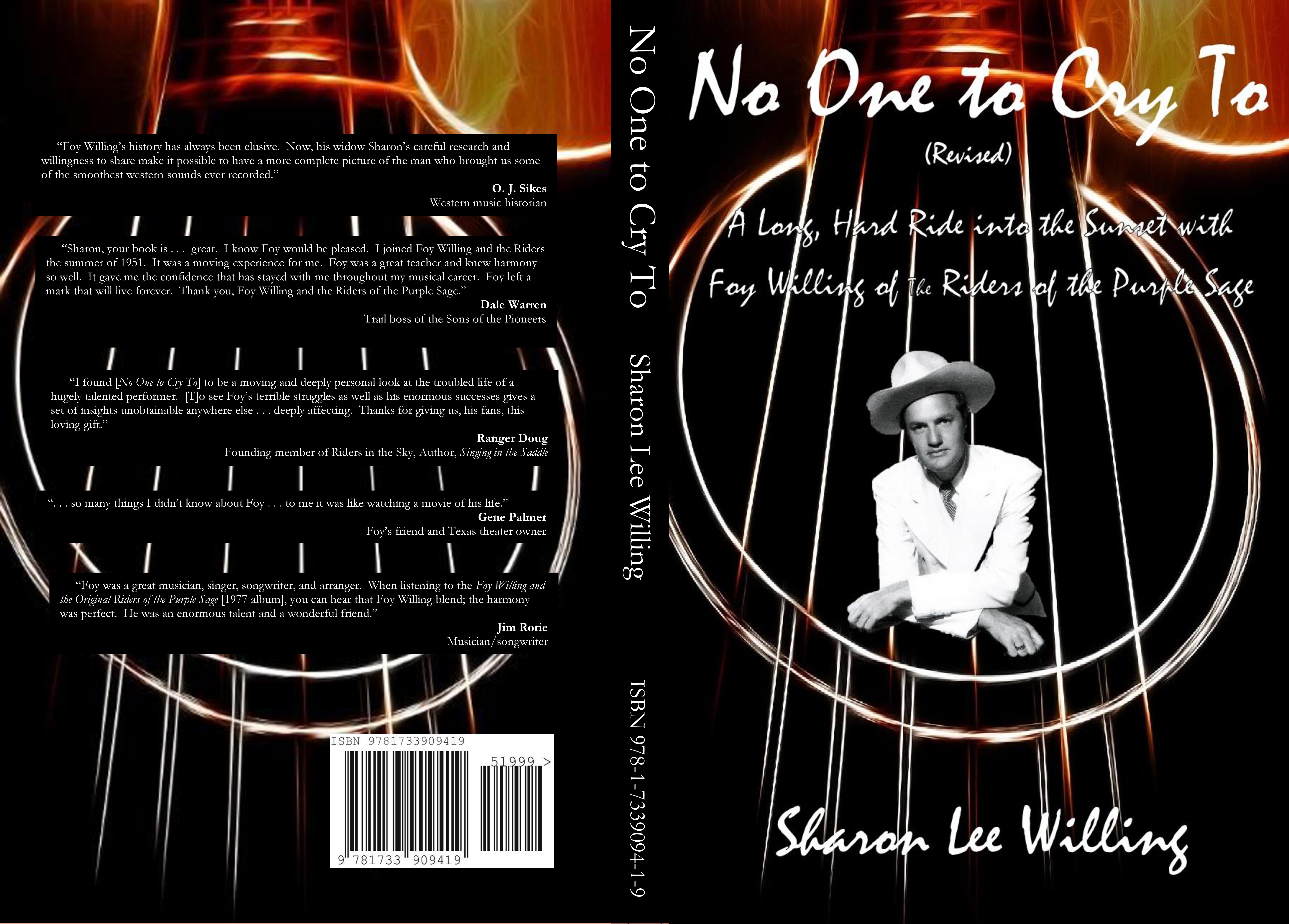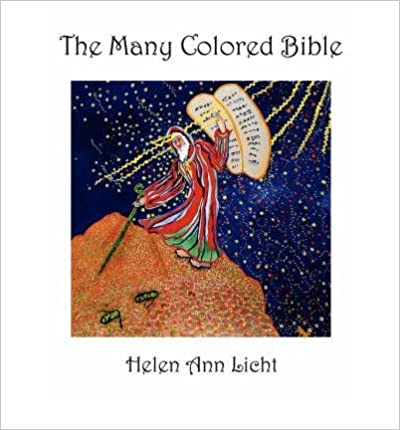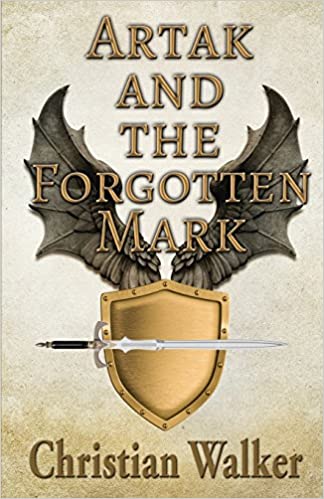Interview with Sharon Willing
Author of No One to Cry To, a Long, Hard Ride into the Sunset with Foy Willing of The Riders of the Purple Sage
Where are you from originally and where do you reside now?
My travels were many and diverse from Minneapolis, MN where I was born, to Tucson, AZ where I have lived from 1993 to the present.
If you currently reside somewhere besides where you were born, what’s the story that lead from there to here?
To delineate the reason for each move would make for a time-consuming read, so, in a nutshell: Minneapolis to Amenia, ND, and back to Minneapolis, to Los Angeles, CA, then Minneapolis, Rush City, MN, Amenia, Thermopolis, WY, Los Angeles, Salinas, CA, Thermopolis, the island of Okinawa, Thermopolis, Salinas, Los Angeles, Thermopolis, Minneapolis, Thermopolis, Carson City, NV, Bisbee, AZ, and finally, Tucson. (Whew!) Throughout these years I married three times – divorced twice and widowed once (Foy Willing).
What made you decide to write and publish your first book?
This question necessitates a bit of background. My late husband, Foy Willing, founded the Riders of the Purple Sage in 1943, a western singing group popular nationally through radio, personal appearances, recordings on Decca, Majestic, Columbia, Capitol, RCA Victor, Jubilee, White Hat and Big Boss Records, ABC Paramount, Vogue International, Player International and K-Tel Records. In addition, he played in 32 movies from 1941-1951, with Charles Starret, Jimmy Wakely, Monte Hale, Roy Rogers, Esther Williams, Howard Keel, Ann Miller and Red Skelton, the latter four in 1951’s “Texas Carnival.” Foy was also a prolific songwriter, having written (as far as my research could determine)148 songs, for some of which I am still receiving music royalties from play throughout the world.
Although Foy and I lived apart the last few years of his life, we remained close by mail and telephone, but especially through cassette tapes he would record and mail from his home in Belton, TX. Foy was recording in Nashville in 1978 and when he didn’t show up for his scheduled session the morning of July 24, the Hall of Fame Motor Inn where he was staying was contacted. A security guard found Foy dead in his room from an apparent heart attack.
Foy’s mother telephoned me where I worked in Reno, NV, with the news and I immediately made travel arrangements to attend the funeral being held in Belton. Upon returning to my home Carson City, NV, I put the dozens of cassette tapes I’d received from Foy in a box where they stayed for the next 26 years.
In the spring of 2004, I’d decided to clean out a section of my garage while the weather was still cool. I found a box I didn’t recognize, and upon opening it was surprised to see all those old tapes. I brought them into the house and began playing one on my cassette player. I broke into tears as Foy’s deep baritone voice spoke to me as he was strumming his guitar, telling me all that he’d been doing and about the people he was seeing. As I continued to listen to some of the tapes, the more I realized what a wealth of information I had about the unique and talented man Foy was, and I decided then and there that I wanted – no, needed – to bring Foy back. And the best and only way I could accomplish that was to write a book to introduce him to his audience again. I decided I would spend two years in research and allot one for the actual writing. It took a good part of the first year just to transcribe all the tapes, resulting in 600 pages of typed copy which I keep in two large three-ring binders. I learned that Foy had given an interview with Douglas B. Green (before he became Ranger Doug of the Riders in the Sky) in 1975 for the Country Music Hall of Fame and Museum, Nashville. I contacted John Rumble, the Sr. Historian there, and he nicely honored my request for a copy of the two-day interview after I signed the agreement that I would show it to no one. With that document, my transcriptions, and traveling to interview anyone I could find who had either known Foy or had pertinent knowledge of him, I now had enough material to begin the long writing process. I finished the first edition in latter-2006 using Wheatmark, a local publishing company. I entered it in two different national contests, earning the Indie Excellence Finalist 2007 Book Awards, and a Best Books Award Finalist from USA Book News in the biography/historical category. My proudest accomplishment for Foy, however, was receiving the “Award for Excellence in Historical Recorded Sound Research” from the Association for Recorded Sound Collections. It was a 2007 Certificate of Merit for Research in Recorded Country Music.
The 2006 edition of my book is now out-of-print, but I have since revised it (and corrected a number of typos!) with a new cover; it is published by Peruse Publishing. By the way, my book’s title, “No One to Cry To” is the title of a song Foy wrote in 1946 and one for which I’m still receiving music royalties.
How would you describe your books to first time readers?
Although technically, my book is in the category of a biographical/autobiographical genre, it almost reads like an historical novel. It is the story of a man who rose to spectacular fame, but who, through his own foibles (alcohol/drugs) downward spiraled before attempting a comeback with his music. Ranger Doug, founding member of Riders in the Sky, aptly reviewed my book thusly: “I found [No One to Cry To] to be a moving and deeply personal look at the troubled life of a hugely talented performer.
[T]o see Foy’s terrible struggles as well as his enormous successes gives a set of insights unobtainable anywhere else…deeply affecting. Thanks for giving us, his fans, this loving gift.”
Who do you feel is most likely to connect with the topics you write about?
Anyone interested in biographies, the music business, or performing arts.
What unexpected or surprising thing did you learn during the process of writing and publishing?
The first time I heard a deep laugh while transcribing Foy’s tapes, I looked up at the screen of my laptop, wondering where THAT was coming from. The next time I heard that exact same laugh, I was truly startled. Every once in a while over the next few months I would hear the laugh and I must say I rather got used to it. It wasn’t until I heard Foy laugh that very same laugh on one of the tapes I was transcribing that I understood that Foy was contacting me. He left a lost Christmas ornament hook in the middle of my keyboard one day. Another time, he left a Texas state quarter on the floorboard of my car (I carry no cash or coins). When I finished writing No One to Cry To, Foy became quiet and I have, sadly, heard nothing from him since.
If you could, what advice would you give to past self yourself before embarking on this journey?
Don’t be in such a hurry. Take time to be more thoughtful about the words you’re using. I would also try to be more patient with people, and pets, who interrupted my train of thought.
How many people would you ideally like to reach with your books?
Some of the world’s population would be nice.
What has been the biggest challenge and frustration during the process to date?
Lack of capital to travel and better promote my book.
What’s your biggest strengths when it comes to book a) writing, b) publishing and c) marketing?
Being a loner and a perfectionist helps. Also, my working history: owner of a typesetting business, an advertising agency, and my many years in radio, mostly writing commercials. In addition, as a secretary, also for many years, I learned how to get along peaceably with varied personalities.
What’s your biggest weakness when it comes to book a) writing, b) publishing and c) marketing?
Impatience with having to abide by time restraints, or people’s ineptitude.
When do you think you will you write your next book?
I agreed to write my publisher’s biography, so whenever he gets his information to me, I’ll begin the process.
Are you self published or did you use a hybrid publisher, or a traditional publisher?
I’m not sure what a “hybrid” publisher is, but I have a hunch Wheatmark would apply (first edition), as – more than likely – my current publisher, Peruse (revised edition).
FEATURED AUTHORS
Worrying if I was telling too many secrets Leaving out so much.
Keep Reading »Writing is an arduous task even when one has all ideas clear in the read more
Keep Reading »Write the book, start marketing (letting people know of it) before you finish.
Keep Reading »










